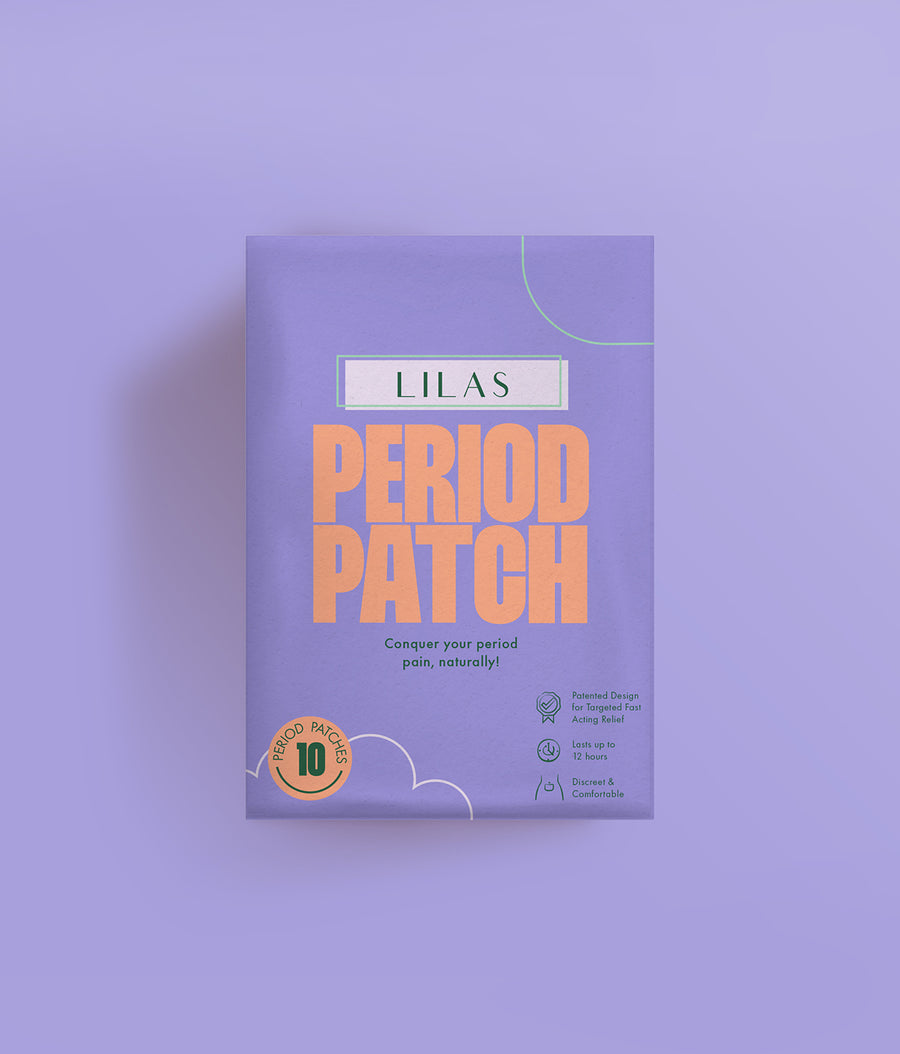Bearing Meditation in Mind
I used to have a very fixed understanding of what meditation is. Admittedly, I still think I’ve barely scratched the surface of the nuances within meditation even after doing some research. I assumed that the practice of meditation, in all its various forms across time, required ritualized and regimented stillness of the mind and body. My initial impressions weren’t exactly incorrect, but they were limited. Since its estimated emergence at around 1500 BCE from India, meditation has spread across the world and been embraced in different cultural contexts. Though more ritualistic and sacred forms of meditation are practiced, especially within religious and faith traditions, meditation is also being increasingly used as a mental health treatment. No matter how it’s regarded, meditation can be organically and adaptively interwoven into one's life for the sake of one’s overall health. I wanted to learn more about meditation because, like journaling, it seems to be an everyday practice that can easily become another holistic element to my wellness routine. Meditation also is known for its ability to still and calm people physically, mentally, emotionally, and in many cases, spiritually as well. All of that sounds pretty fantastic to me.
Substantive research has indicated that meditation has interconnected health benefits. According to reputable sources like studies circulated in The National Library of Medicine, the act of mediation can address the immediate need of stress reduction. Even normal levels of stress cause spikes in a hormone called cortisol. If cortisol levels become too extreme or are maintained at a high-level for too long, a multitude of adverse effects can emerge. Perhaps most notably, high cortisol levels result in the release of other chemicals called cytokines that cause inflammation in many different areas of the body. Since inflammation is at the root of so many conditions, like asthma, eczema, and irritable bowel syndrome to name a couple, reducing the stress that often induces said inflammation also treats those conditions. Meditation helps decrease the stress that would otherwise result in all these physical repercussions. Furthermore, from a mental health standpoint, the habitual practice of meditation is credited with the cumulative effect of generating peace and stability. If we follow the logic of studies investigating the connection between meditation and mental well-being, with less stress comes less anxiety; with less anxiety comes more mental space for productive self-awareness; and with more space for self-awareness comes having more stable emotional health. Though meditation isn’t the sole practice that can pave this path to mental stability, if you are curious, it is definitely an avenue to consider.
Though there are many different forms of meditation, mental health experts often put them into two main categories: focused-attention meditation and open-monitoring meditation. Though both method realms direct the mind in a distinct way, they still achieve the desired effects of relaxation, awareness, and stress-reduction. In focused-attention meditation, your mind is meant to really hone in on one feeling, one saying, or one object. By solely aiming attention at this fixed entity, your mind is less likely to wander to negative and stressful thoughts. On the other hand, in open monitoring meditation, you try to absorb as much of your surrounding environment as you can, allowing your mind to wander to everything but the things you are overly stressed about. This sounds a bit overwhelming, but can also be quite grounding and humbling. Essentially, focused-attention meditation blocks out your worries and open-monitoring drowns them out. I would recommend trying both ways and finding out which one works best for the way your mind works.
Overall, it seems to me that meditation at-large calls for an intentional time of mental stillness for oneself that is at least somewhat sacred, sequestered away from the concerns and cacophony of life. I know I could use more stillness in my wellness routine, so maybe I’ll give meditation a try. If you’re at all interested, I’d encourage you to do the same. Here are some additional resources to explore:


Leave a comment